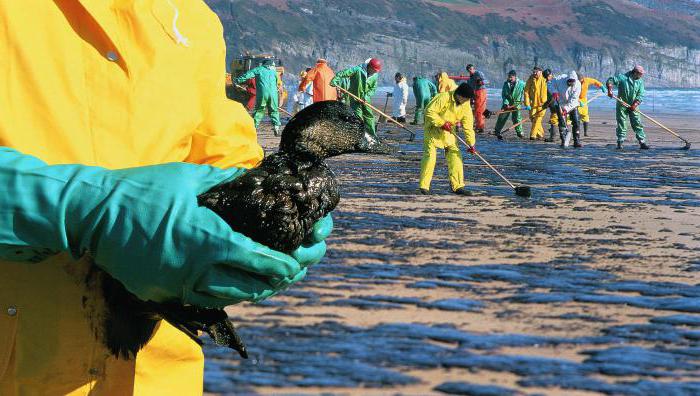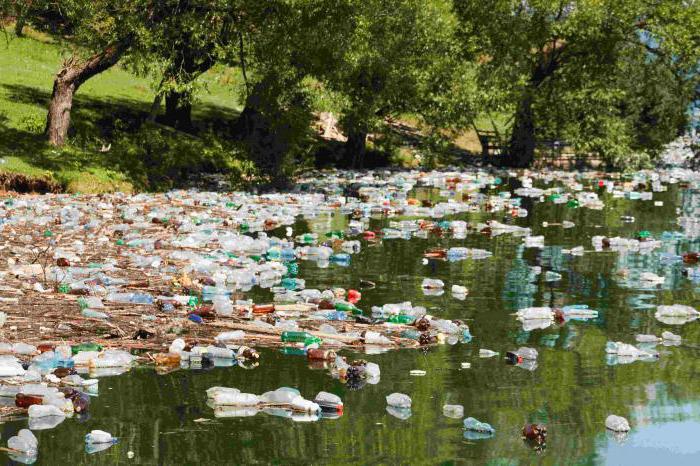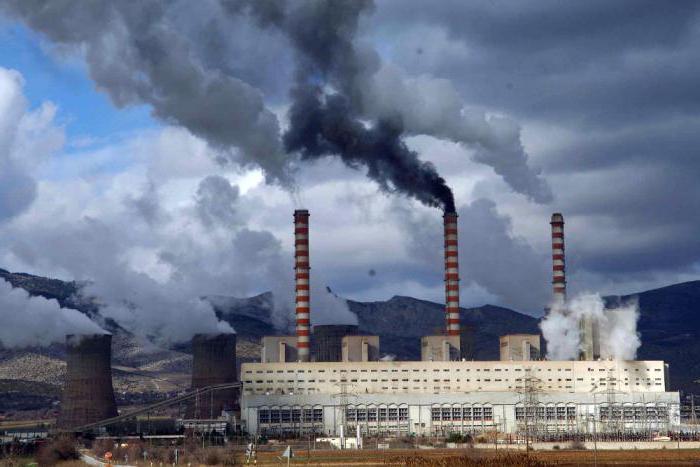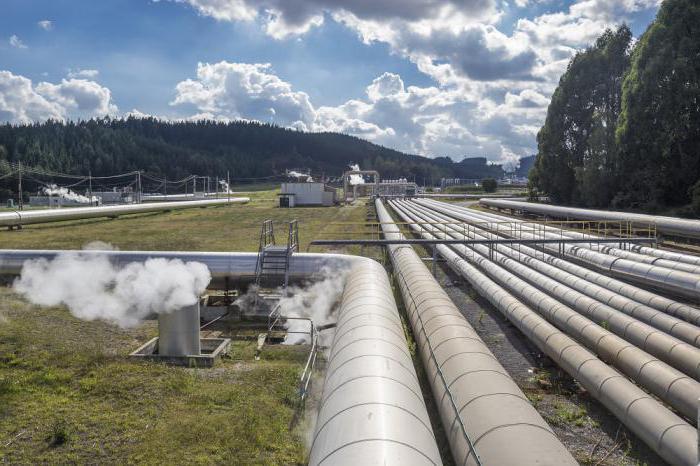Human rights and freedoms are the highest value in our society. Not the least among others is the right to live in favorable conditions. In order to comply with it, the concept of environmental public control has been formulated. Through it (probably) it will be possible to solve the problem of insufficient environmental function at the federal level. At the same time, experts pay attention: real progress will be only in the case when it is possible to formulate such a concept taking into account legal norms, as well as put its principles into practice.
Latest trends
Nature and society have been interacting more closely lately. To some extent, this can even be called "democratic." In many respects, this has been realized through the current environmental public control, as organizations and individual activists can take measures to improve the situation and monitor the fulfillment of the obligations entrusted to the authorities. Many recognize how important it is now to track enterprises and the management activities of power structures so that decisions that are important for the environment are formulated and successfully adopted.
Rules and Reality
The functions of environmental public control are to monitor the implementation of a number of significant procedures. The procedures themselves are reflected in the current legislation, it is also spelled out what are their features, specific mechanisms for translating the letter of the law into reality. At the same time, it is not in vain that it is considered that in practice the declared by legal acts is not always observed. And here public associations come to the aid of the legal system.
... or do I have the right?
In many respects, environmental public control is determined by legal norms adopted back in the RSFSR period. It was then that the Land Code formulated the opportunities assigned to the public in our time. From the declared it followed that all citizens, as well as organizations and communities, administrative structures, associations, have the right to take part in the study of various issues if the fate of the land plot is decided: its seizure or provision for the needs of agriculture, construction, industry. This applied exclusively to those areas whose changes affected the interests of the general population.

As follows from the normative documentation, the allocation of land should be accompanied by the identification of public opinion on this issue. For this, referenda, interviews, and civil meetings are organized. At the same time, the legislation does not contain a clear description of how the procedure should take place, and there are no correct unambiguous definitions of what the legal force of the opinion expressed by the public is, therefore, in some cases, the situation is hushed up or the attention is softly turned away from the burning issue. To avoid this, it is necessary to strengthen Russia's public environmental control, and substantiate its capabilities and functionality with legal regulatory postulates.
How should this work?
Ideally, public environmental control is carried out through hearings in which all interested citizens participate. At the same time, within the framework of such a meeting, it is necessary to check the extent to which the requirements established by legislation regarding the environment are met, and also to evaluate how the planned activity can affect the environment.
According to experts, in our country, public environmental control is carried out taking into account significant gaps in the legislation. If this situation is corrected, citizens will have a really strong position, which means they will be able to control work on decisions that are important for the environmental situation.
Public examination
This form of public environmental control conceived as effective has exactly the same problems as the system described above. At the same time, an effective approach to the organization of work and the implementation of decisions made in practice allows us to keep the situation under control, if it is planned to create dangerous facilities, to carry out activities associated with an increased level of danger. As part of a public examination, independent experts can investigate all environmental stress factors and determine which new ones will lead to the commissioning of the disputed object or the start of work on it.

A public organization of environmental control, activists can currently indirectly control how natural resources are managed at the federal level. This applies only to those that are considered property of the state. This is organized through the environmental justification procedure - an obligatory event accompanying the issuance of a specialized license. In order to correctly draw up a justification, it is necessary to first pass an examination carried out by forces of public associations.
Right warranties
Public environmental control is carried out in order to keep the living conditions of our civilization adequate. The objective of the measures taken within its framework is to protect the environment and control the activities of individual elements of society, including enterprises and associations interested in creating potentially dangerous facilities. So that public organizations that undertake the tasks of ensuring control can insist on preserving justice, they are given legislation to appeal to the courts to protect the interests and rights declared by law.

In this aspect, the procedure for conducting public environmental control involves sending a complaint to the court, if the activity of a certain person appears to be illegal, his decisions contradict normative acts. You can turn to the law enforcement system for help in a situation where state agencies are inactive, officials responsible for this issue do not show the required activity. At the same time, there is a strict restriction: it is permissible to address only on such issues that are directly related to environmental interests, legal capabilities of citizens of the state.
How it works?
The state production and public environmental control in our country is organized largely through information flows - the main form of implementation of activities permitted by law. Public organizations have the right to use the methods available to them to request data from government agencies, enterprises regarding environmental protection activities. The public also has the right to access information that reflects the current situation. It is declared by several federal laws that have entered into force.
Tracking objects of public environmental control (potentially hazardous enterprises, situations, controversial issues) on the basis of official information received from individuals and state institutions, government agencies allows you to appeal against decisions, as well as the lack of activity or, conversely, the adoption of any measures, if any leads to violation of public, civil environmental rights.
How to improve?
According to experts, an increase in the effectiveness of this system would be achieved if the goals of public environmental control could be spelled out in the legislation very clearly and correctly, and at the same time, at the federal level, the interaction of controlling structures of both state and society would be organized. It is important to cooperate, and not just engage in controversy. The prosecutor's office, responsible for upholding the principles of justice and equality, should also take part.
Democracy and opportunity
According to experts in social and political sciences, it is precisely the formation of the civil community that is one of the key indicators of the democracy of a state. Civil society can be a source of positive influence on legal relations related to the environmental situation. At the same time, the community should have a peculiar, specific place in the legal system in order to have a real impact on the state of the environment through the promotion and blocking of decisions of “those in power”.
Public hearings, expert events, control - all this allows you to protect the rights of every person living in our country to a good environment.
What do analysts say?
The position that at present there is a serious lack of a holistic approach to environmental problems is considered universally recognized. Events that are regularly organized have a fairly low level of effectiveness. Consequently, at the state level, there is no improvement in quality in relation to the situation in the world around. As for local government, the existing approaches here provoke corruption.

At the same time, polls show that citizens are frankly dissatisfied with how the environmental situation is developing within the country. Tension builds up; the already difficult (an important role is played by the economic crisis) time is associated with additional escalation of the situation due to neglect of environmental standards, laws, and regulations. More than once, professional researchers have tried to formulate what causes led to this situation. There are several approaches, explanations developed by different schools. Each of them has its own strengths and weaknesses, adherents and dissent.
Words and deed
According to analysts, legal scholars, modern legislation in our country is rich in complex and long formulations, supposedly designed to provide citizens and public organizations with the opportunity to control the environmental situation. At the same time, in practice the situation is completely different: despite the abundance of words, there is no real benefit from them, since all expressions are too vague. The essence of public control in legislative documents is absent, although much attention has been paid to the description of this phenomenon itself.
More importantly, the lack of algorithms that could have been resorted to to implement opportunities. Currently, regulation is such that individual institutions, entities simply cannot be effective. At the same time, experts note: there are all the makings to improve the system, and refinement, if any, will improve the quality of society’s control over the state of the environment and the factors that determine it.
And if on examples?
The thirteenth article of the federal law on environmental issues is quite indicative. From the wording of the normative act, it follows that officials, as well as state bodies, should, as far as possible, help individuals, entities and associations of a non-profit nature, so that they can exercise their rights in relation to environmental protection. On the other hand, the laws do not contain any specific standards declaring responsibility if the bodies and persons do not fulfill the obligation assigned to them by article 13.
A similar situation is observed with the twenty-sixth article of the federal law on the protection of the atmosphere. It establishes that on the part of society, control procedures should be organized in the manner determined by the rules with regard to public associations and environmental protection. Of course, this indicates the need for protective measures, but the wording is so vague that it has no real meaning or practical application, as the jurists say.